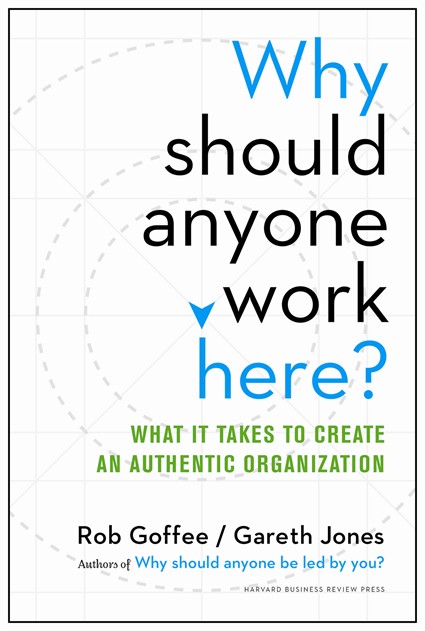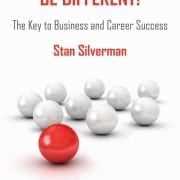6 Fundamentals That Underpin Engagement – authentic organizations are high-performing organizations.
We began our research by asking people to describe their dream organization—one that feels authentic and within which it is possible for one’s best self to emerge. We’ve synthesized these ideal organizational qualities and have shown how some workplaces are making the elements of the dream real, inspiring the rest of us in the process.
Put together these multiple benefits – commitment, creativity, understanding, personal development, trust, purpose, and freedom—and you have created the fundamentals that underpin engagement at work. And we know that engagement is correlated with performance.
The dream organization, then, is also the high-performing organization.
Hi there! This article is available for free. Login or register as a StrategyDriven Personal Business Advisor Self-Guided Client by:
Subscribing to the Self Guided Program - It's Free!
About the Authors
Rob Goffee is Emeritus Professor of Organizational Behavior at London Business School, where he teaches in the world-renowned Senior Executive Programme.
Gareth Jones is a Fellow of the Centre for Management Development at London Business School and a visiting professor at Spain’s IE Business School in Madrid.
Rob and Gareth consult to the boards of several global companies and are coauthors of Why Should Anyone Be Led by You? and Clever
, both published by Harvard Business Review Press.












Leave a Reply
Want to join the discussion?Feel free to contribute!